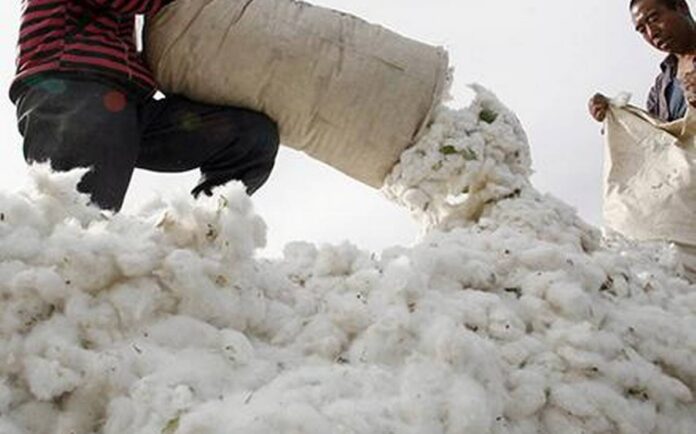ISLAMABAD: The recent surge in cotton yarn imports has led to a significant drop in the prices of locally produced cotton and lint (Phutti), raising concerns among cotton farmers and ginners.
Ehsanul Haq, Chairman of the Cotton Ginners Forum, pointed out that while cotton imports are exempt from sales tax, an 18% sales tax is applied to the purchase of domestically produced cotton and yarn. This discrepancy has incentivized textile mills to import cotton and yarn on a large scale. Between July and October 2024, local textile mills imported 66,000 metric tonnes of cotton yarn, equivalent to approximately 450,000 bales of cotton.
In the past few months, agreements were made to import 3.5 million bales of cotton, with around 1.2 million bales already reaching Pakistan. Experts now expect the country to import over 6 million bales this year, the highest volume in its history, to meet domestic demand. Additionally, there is potential for another one million bales to be imported in yarn form.
According to Haq, recent US cotton export data reveals that Pakistan signed agreements to import a record 146,000 bales of cotton from the US in just one week. Despite the surge in international cotton prices due to these record imports, textile mill owners have shown little interest in purchasing locally produced cotton. This has resulted in a continued decline in the prices of cotton and sliver in Pakistan, which is causing significant concern among farmers and ginners.
Haq also noted that the price of local cotton has fallen below Rs18,000 per bale. He urged the government to exempt the purchase of locally produced cotton and yarn from the sales tax, suggesting that this could help improve the prices of domestic cotton and sliver.




